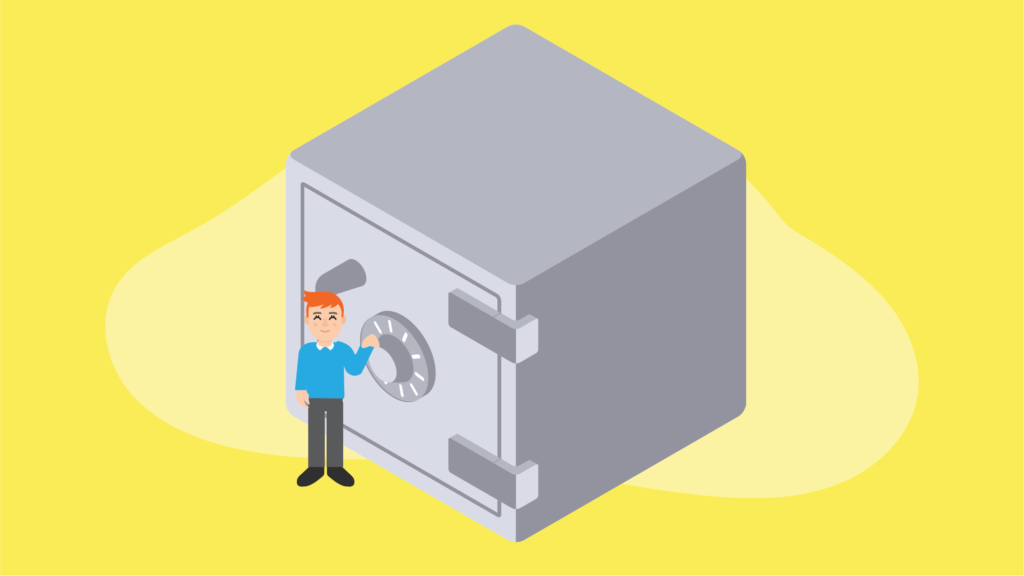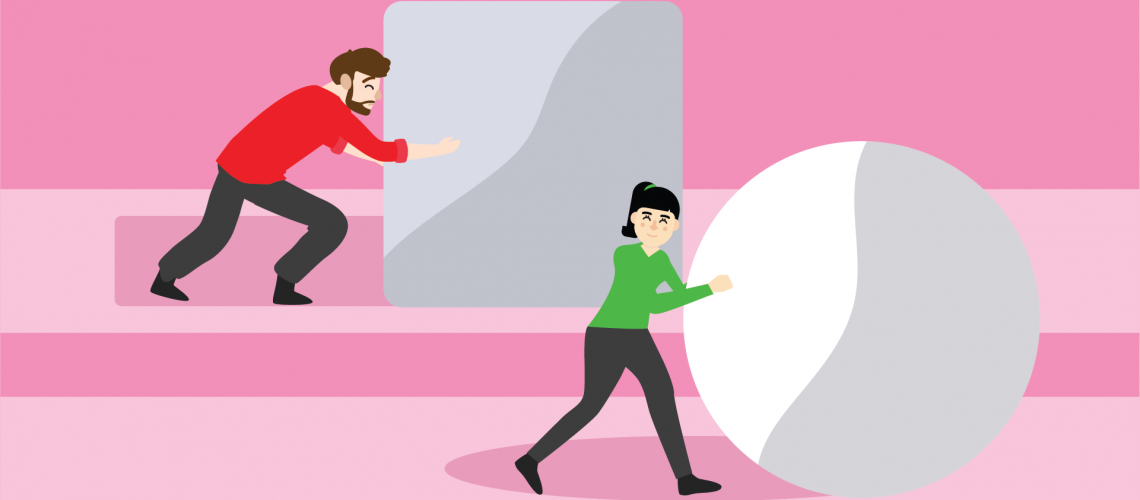Do you wish you could be more productive? Do you struggle to find time to do what matters? With a heavy workload, it’s easy to feel stretched thin, as if there aren’t enough hours in the day. But there’s something you can do about it – a guiding philosophy to live by that can change this perception. In a culture that celebrates being busy, an essentialist steps away from the idea of doing everything they can and instead does only what matters.
Author and businessman Greg Mckeown didn’t discover essentialism because his professional life was perfect. He stumbled upon this principle because he felt his work life was swallowing up his personal life. Can you relate? There were no boundaries, and he found himself regularly flooded with busy work that had no real impact. There’s a strange pitfall that can often follow success – too many opportunities, packed schedules, and declining productivity.
It’s a common mistake to think that just because you can do something, you should. In reality, as you grow in your businesses, it becomes even more critical to sift through ideas, opportunities, and goals. Without this, initially successful businesses can fail due to a lack of clarity and focus. What a waste of incredible potential and energy.
The following principles are at the heart of living an essentialist lifestyle. Starting with these fundamental concepts can help foster greater productivity and provide much-needed focus.

Start exercising choice
Learned helplessness is a pattern in which you can forget you have the power to choose, and so you begin defaulting to whatever is expected. When you’re stuck in a loop like this, you’ll live every day like it’s Groundhog Day, repeating the same ineffective patterns simply because you think you have to.
If you find yourself saying, “Well, I guess” or “Sure, why not?” often, you may not be exercising your ability to firmly choose one opportunity over another. Making effective choices is essential to improving productivity, break the cycle and ditch those bad habits! Don’t take on everything that comes your way, make a choice.
Know the trade-offs
With every decision there are always trade-offs, this can be a hard truth to face. It’s something most people don’t think about on a daily basis, but the reality is, there are only 24 hours in a day. When you start to exercise the power of choice, you can make better decisions by knowing your priorities but it’s important to know why you make each decision and what the outcome will be.
For each opportunity embraced, there’s an undeniable time commitment. The question is, which commitments are eating up precious time that could’ve been spent more effectively on top priorities? You can only achieve so much in any given day so if you have the opportunity to delegate important tasks, do it.
Reframe “No”
Much of the reason successful entrepreneurs and professionals get so offtrack is the fear of saying no. In some sense, society has molded us to be people-pleasers and to decline a task or an offer makes us feel rude or careless. There’s nothing wrong with wanting to make people happy but don’t let it get in the way of your business or your productivity. Sometimes you just have to say no.
If you struggle with saying no, essentialist philosophy provides an alternative view that can help to reframe what it is you’re saying and why. When you say no to the extra things, you’re saying yes to your priorities. In this sense, saying no is commitment and dedication to what you know you should really be doing.

Protect the essential
Habits that help protect what is essential are, well, essential. The necessary aspects of a good life seem obvious – sleep, healthy food, time for relaxation, time to think and strategize your next career moves. If you start keeping an honest, written schedule of all the things you do in a day, it can be startling to see how much of that time is stolen by other random activities.
Things that are often seen as non-essential in our go-go-go culture, like playing or having fun, can be surprisingly important. It’s in these spaces when you’re not slaving over your work that something called neuroplasticity takes place. This is the brain’s ability to form and reorganize synaptic connections, in other words, it puts you in a more receptive state, making it easier to learn and remember things. Take some time to enjoy yourself, schedule it in if you have to, it’s important!
Essentialism is not about how to get more things done; it’s about how to get the right things done. It doesn’t mean just doing less for the sake of less either. It is about making the wisest possible investment of your time and energy in order to operate at our highest point of contribution by doing only what is essential.
Greg Mckeown





